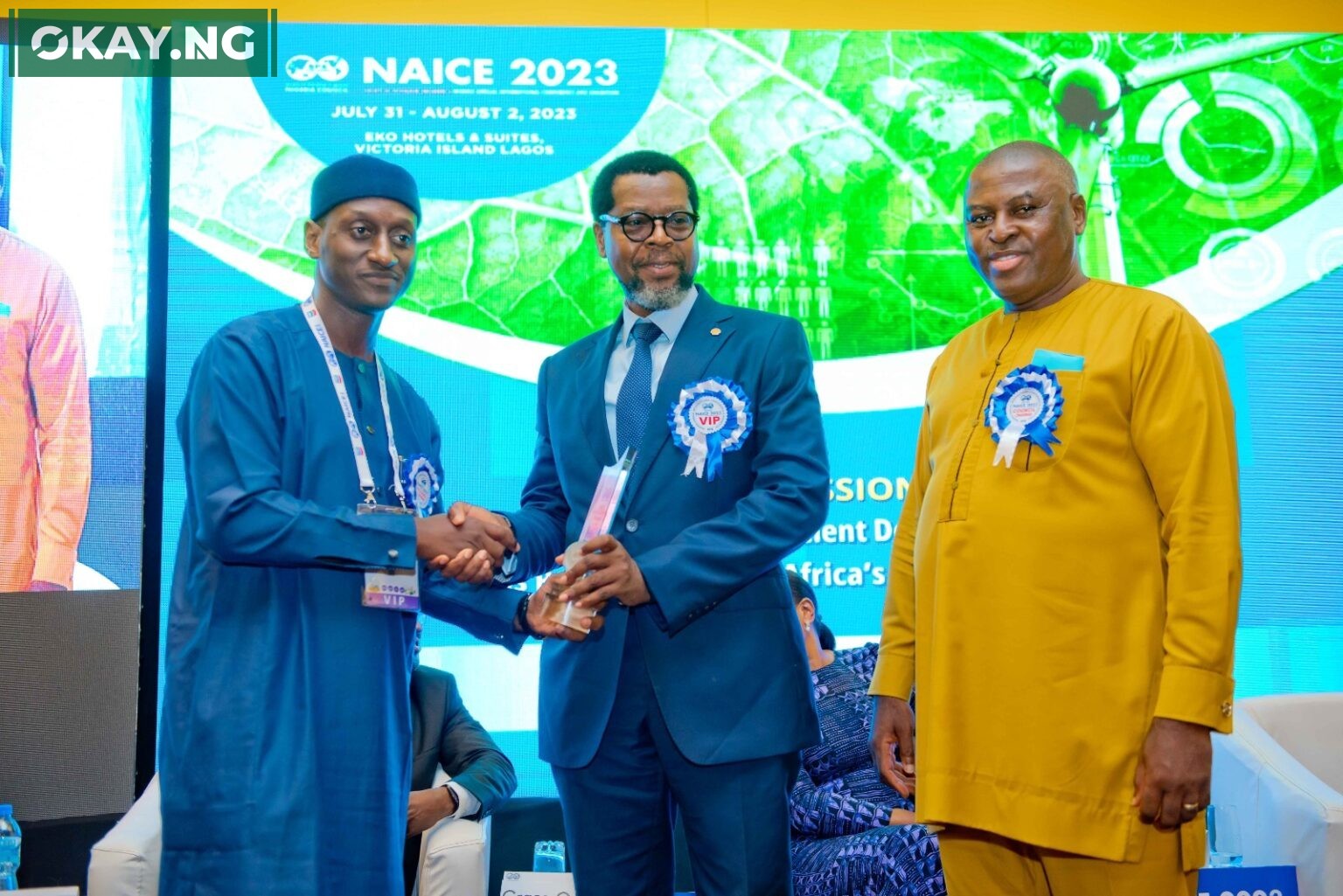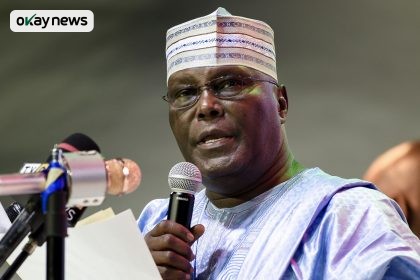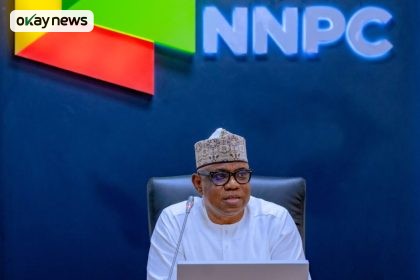Elohor Aiboni, the Managing Director of Shell Nigeria Exploration and Production Company Limited (SNEPCo), stressed the critical role of Foreign Direct Investment (FDI) in harnessing Africa’s extensive gas resources.
Aiboni made this assertion during the 2023 annual conference of the Nigerian Council of the Society of Petroleum Engineers in Lagos last week.
She highlighted the imperative of fostering favorable trade and fiscal policies, as well as establishing a stable socio-political and economic environment.
Represented by Tunde Oduwole, SNEPCo Finance Manager, Aiboni acknowledged Africa’s potential as an attractive destination for FDI in the oil and gas sector.
However, she underlined that countries with stable macro-economic policies, controlled inflation, steady interest rates, predictable exchange rates, accessible foreign exchange, and minimal capital controls would be more likely to attract such investments.
Drawing on data from the United Nations Conference on Trade and Development, Aiboni revealed a concerning decline in FDI to Africa, dropping from a record $80 billion in 2021 to around $45 billion in 2022.
This dip underscores the pressing need for investments as developing nations strive to achieve their Sustainable Development Goals (SDGs) by 2030.
Aiboni attributed the decrease in FDI to global commitments towards reducing greenhouse gas emissions and the trend among resource-deficient nations to transition away from fossil fuels towards renewable energy sources.
Highlighting the urgency, she emphasized, “It is imminent now more than ever that oil and gas producing countries in Africa take actionable steps to create enabling environments, improve access to available capital pools, and attract the right skills and capabilities that could both meet the energy needs of our developing populations and position us strongly in a new energy landscape.”
Shifting her focus to Nigeria, Aiboni pointed out the paradox the nation faces despite holding Africa’s largest proven gas reserves. She cautioned against a potential gas supply shortfall surpassing demand by 2030 due to factors such as population growth, deteriorating infrastructure, security challenges, and limited energy access.
“This presents a potential opportunity for investment in gas infrastructure such as pipelines, processing facilities, and coastal LNG regasification to connect currently stranded gas reserves onshore and offshore with domestic industrial and commercial consumers at market reflective rates,” she pointed out.
She therefore advised Nigeria and other African countries to continue to improve on fiscal terms, the political climate, energy policies and contractual terms to make them attractive to investors and energy companies.
“We have done well, but we can do more with regionalisation and cross-border cooperation. Along with the roll-out of the African Continental Free Trade Area (AfCFTA), the development of sub-regional and regional gas and energy networks can help support better economies of scale and justify investments into infrastructure that work for the whole continent,” she added







